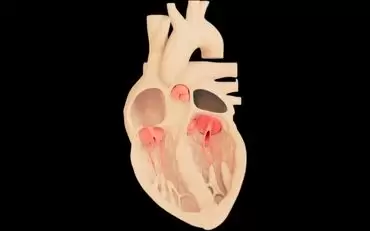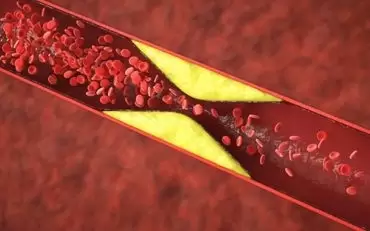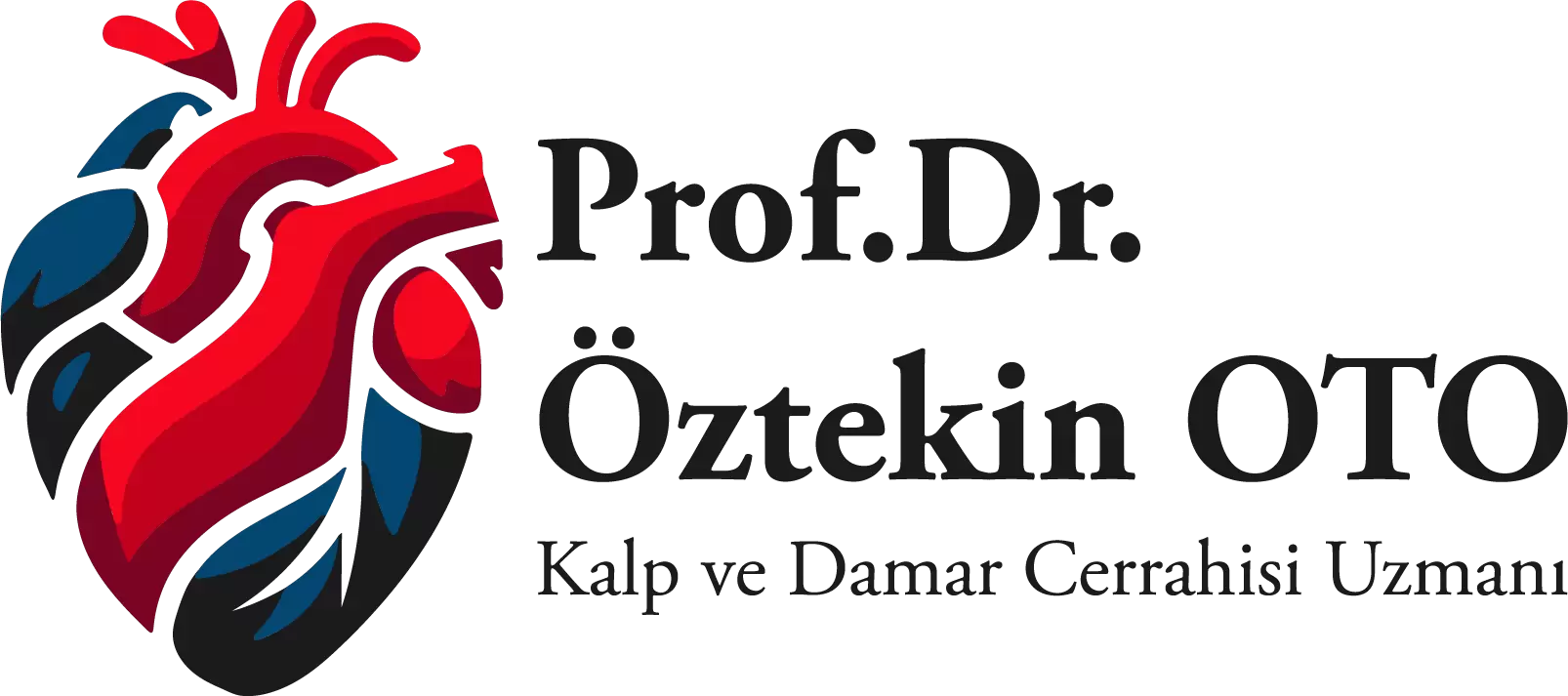29 Oca
What is LDL Cholesterol?
What is LDL Cholesterol?
LDL cholesterol is also named as the bad cholesterol. After the age 20, everyone must have their LDL cholesterol (low-density lipoprotein) checked regularly.
LDL cholesterol is a type of protein produced in the liver and is carried in the blood circulation. It sometimes may adhere to the vessel wall and cause formation of layers called as plaques. This leads to problems such as arterial stiffness and obstruction in the vessels. There are certain risk factors for elevated level of LDL cholesterol, which significantly affects heart health, such as:
- genetic factors
- thyroid hormone related imbalance
- use of alcohol and smoking
- advanced age
- obesity or being over the ideal weight
- diabetes
- stress
- unbalanced and unhealthy nutrition
Overconsumption of processed food and type of nutrition based on animal origin food are the leading factors that increase LDL cholesterol.
High level of LDL cholesterol is a major health problem, which is very common in the society. This condition, which adversely affects the cardiovascular health, not only leads to problems such as obstruction of the vessels and development of kidney failure, but also to fatal consequences such as heart attack and stroke. There are certain symptoms of high level of LDL cholesterol such as:
- chest pain
- leg pain
- clotting
- heart failure
- yellow spots on the skin and in the eyes
How do we detect high level of LDL cholesterol?
Level of LDL cholesterol significantly affects the overall health status of the individuals. Therefore, adults are recommended to take blood tests at certain intervals. Therefore, it will be possible to early detect high level of cholesterol and prevent potential diseases by starting treatment. Therefore, it is detected by a blood test and a 12 -hour fast is required before the test to ensure accurate results.
Each patient has a different normal range for LDL cholesterol values. Treatment is planned by assessing factors, such as age of the patient, genetic factors, presence of any heart disease or diabetes.
How do we treat high level of LDL cholesterol?
Once LDL cholesterol level is detected high in a patient as a result of the test results, the patient is expected to modify his/her life style. The patient should stop taking alcohol and quit smoking, if so, and should adopt Mediterranean diet. Patient should also exercise regularly. Although healthy nutrition helps to decrease LDL cholesterol level, medical therapy is also used in certain patients who are at risk.
If you have high cholesterol, what should you eat?
First step to treat high cholesterol is to have a healthy diet. Therefore, fat, carbohydrate and protein balance must properly be set between the meals. Furthermore you should also;
- decrease margarine intake,
- consume vegetable oil such as olive oil, hazelnut oil,
- eat seafood rather than red meat,
- prefer low fat milk and dairy products,
- avoid frozen and processed food and
- avoid varieties such as sausage, salami, etc.
Study results indicate that high cholesterol triggers breast cancer, decreases testosterone level and leads to neurologic diseases such as the Alzheimer’s disease.
Related Articles

Minimally Invasive Heart Valve Surgery
Valve diseases are quite common in the society affecting all age groups. There are 4 chambers in the..
Read More
Claudication Treatment
Any blockage in the veins located in the lower extremities would cause a sensation of pain. Pain occ..
Read More
What is HDL Cholesterol?
HDL cholesterol, which is also named as good cholesterol, is a protein that leads to severe health p..
Read More




